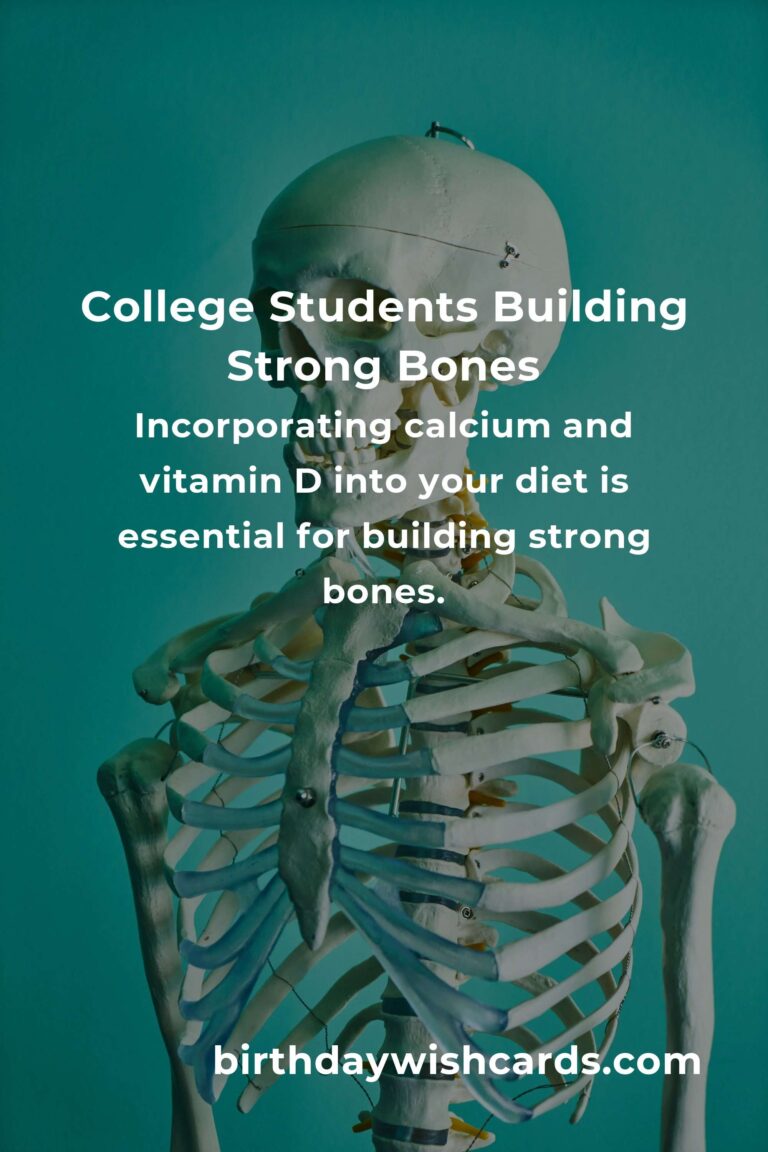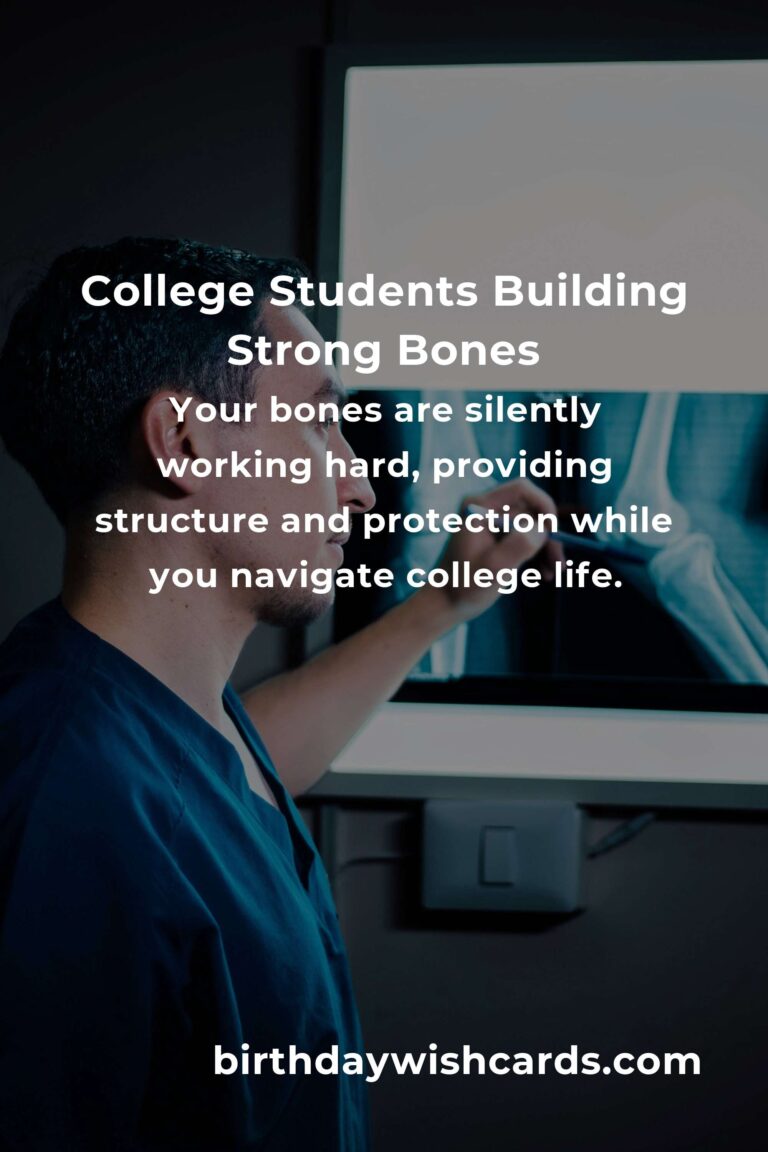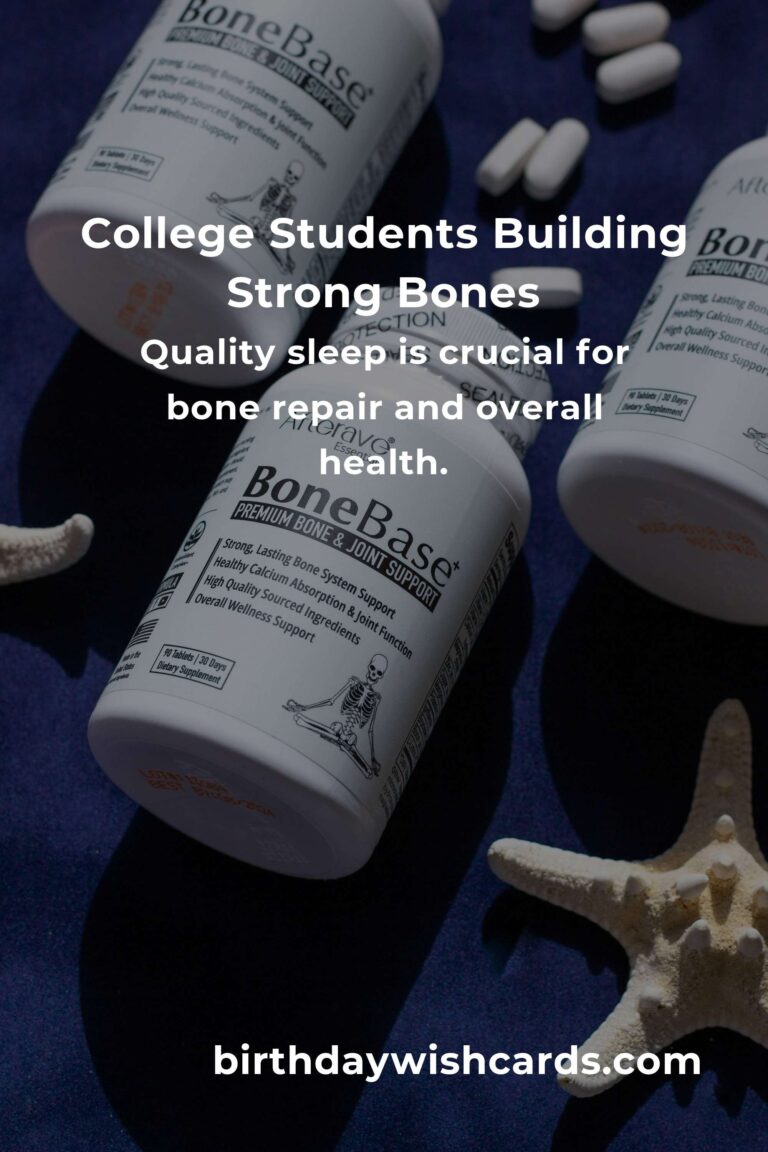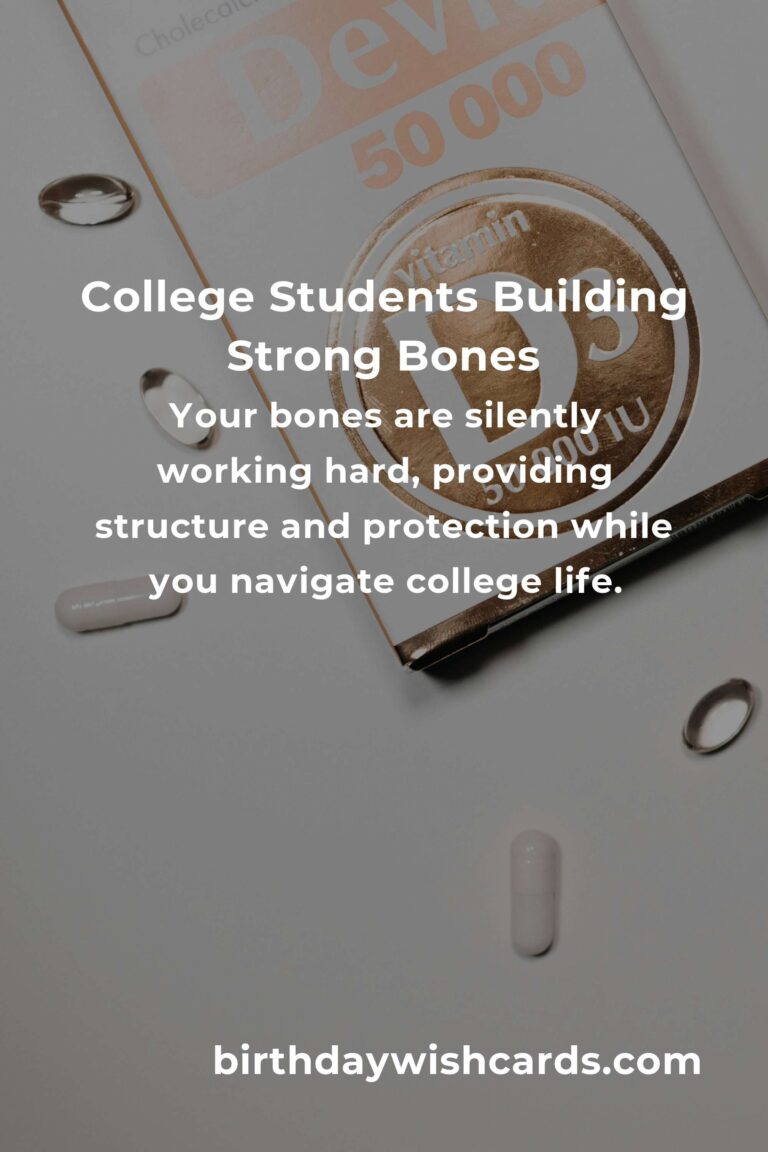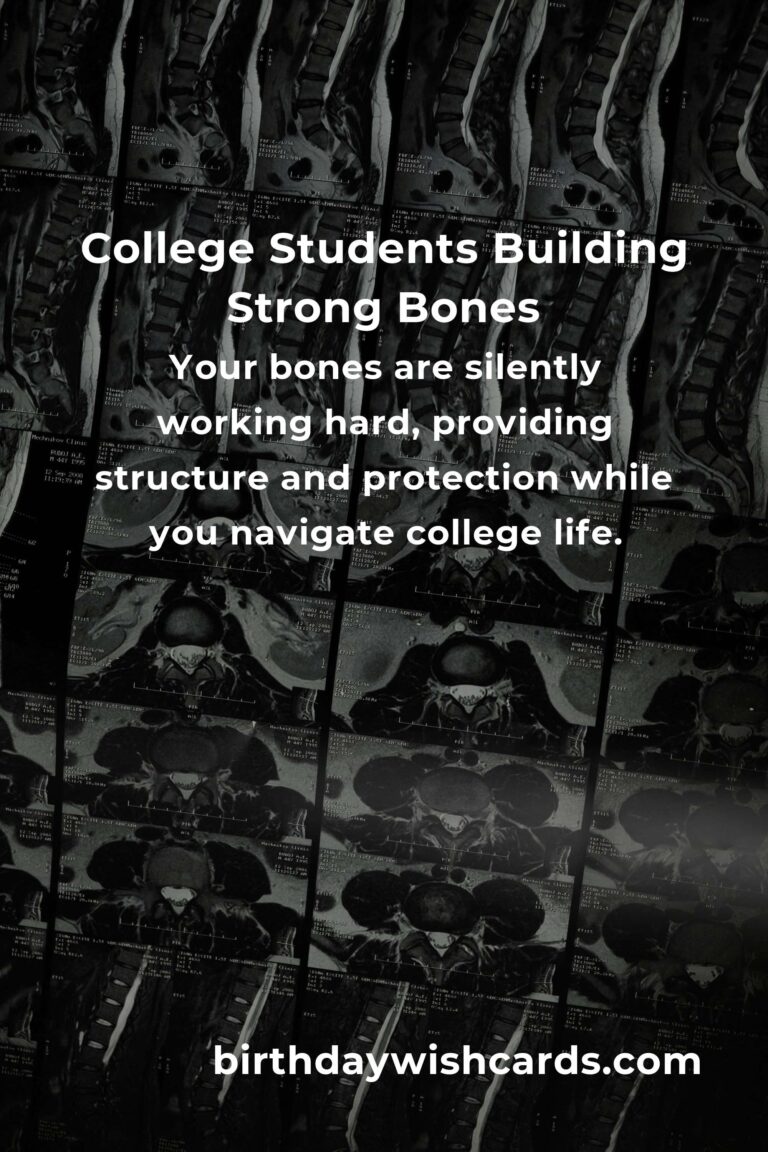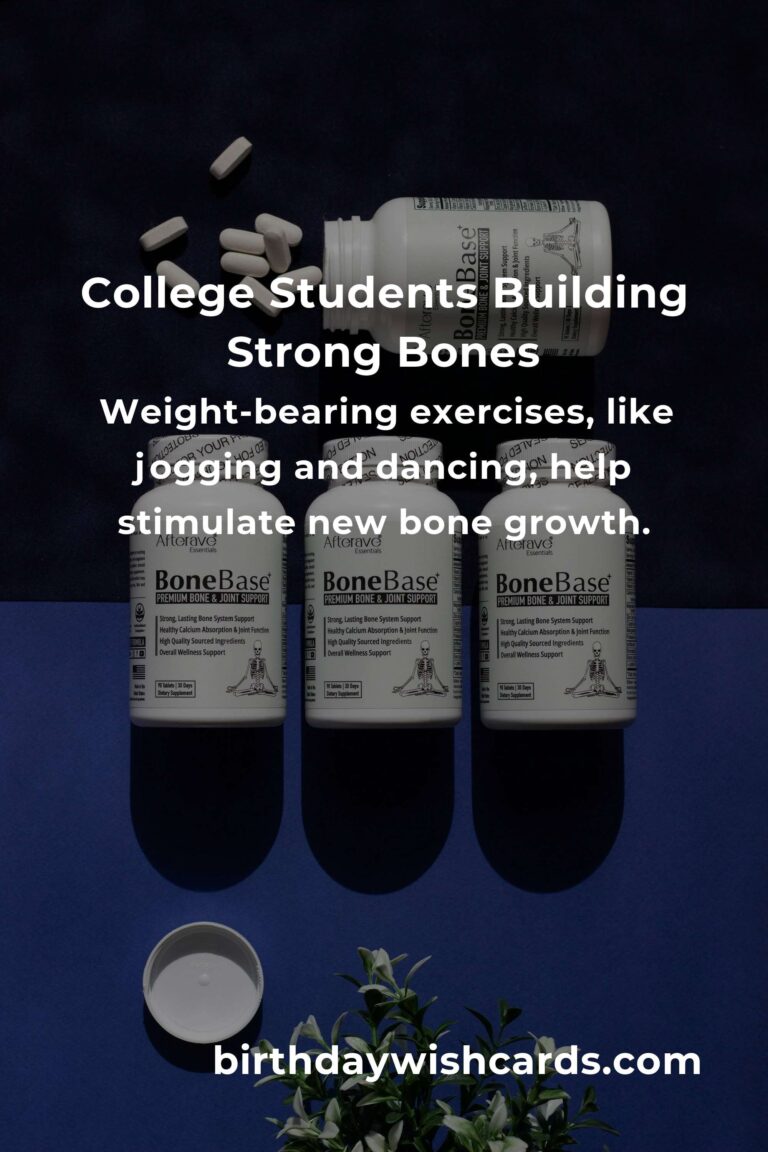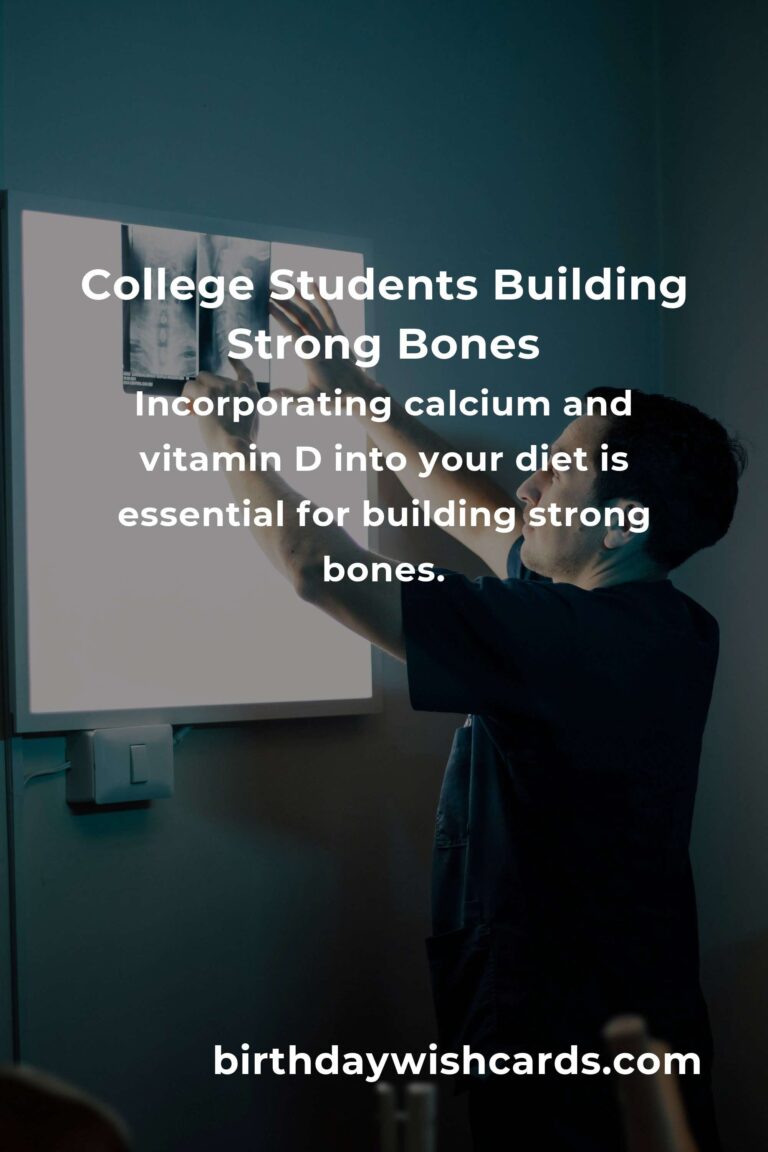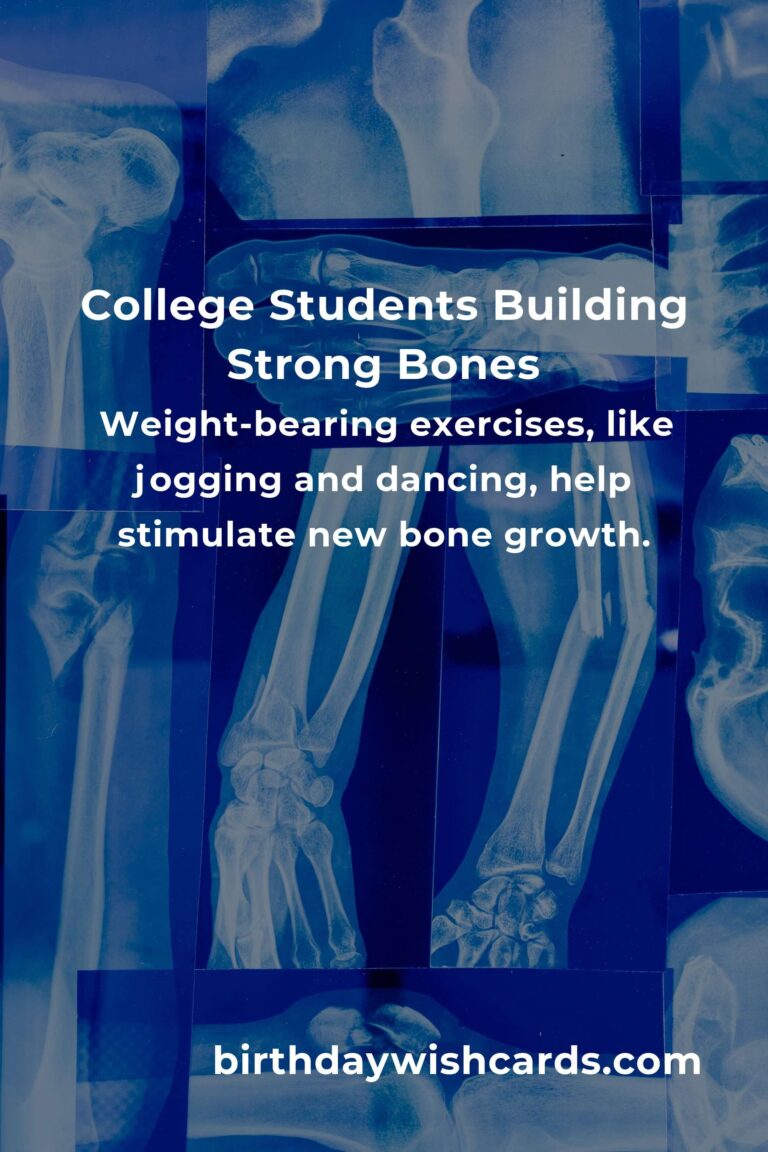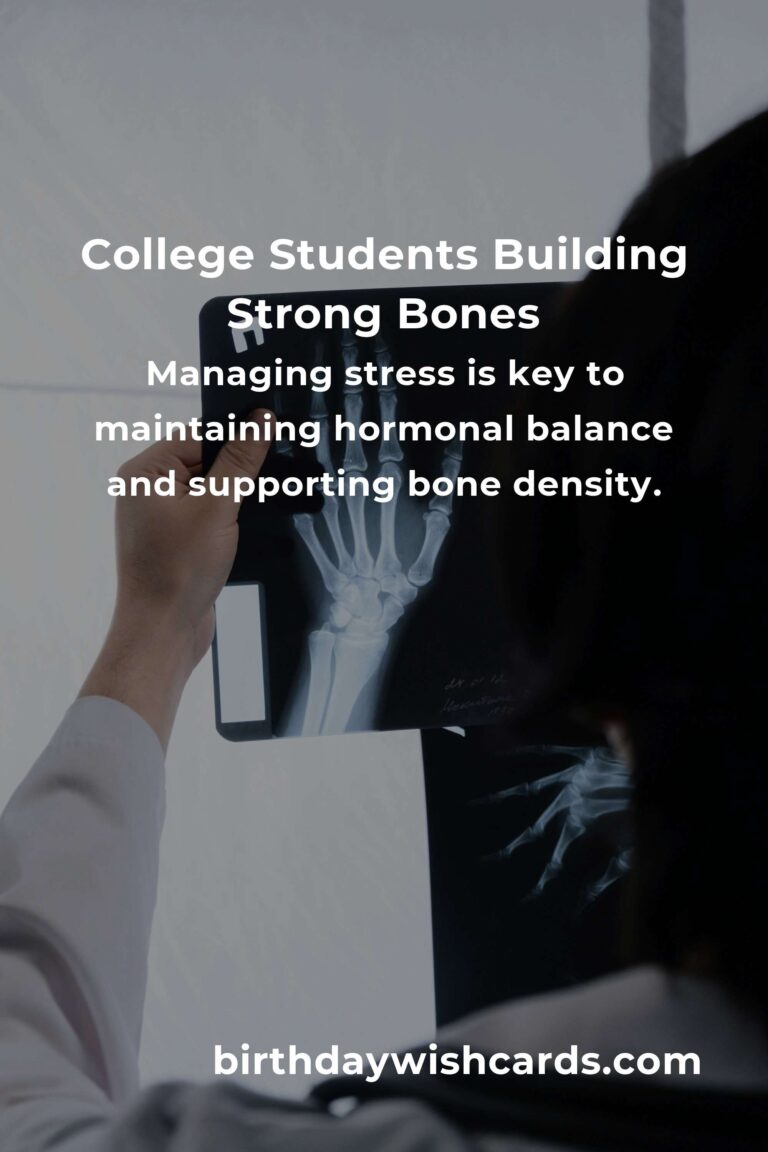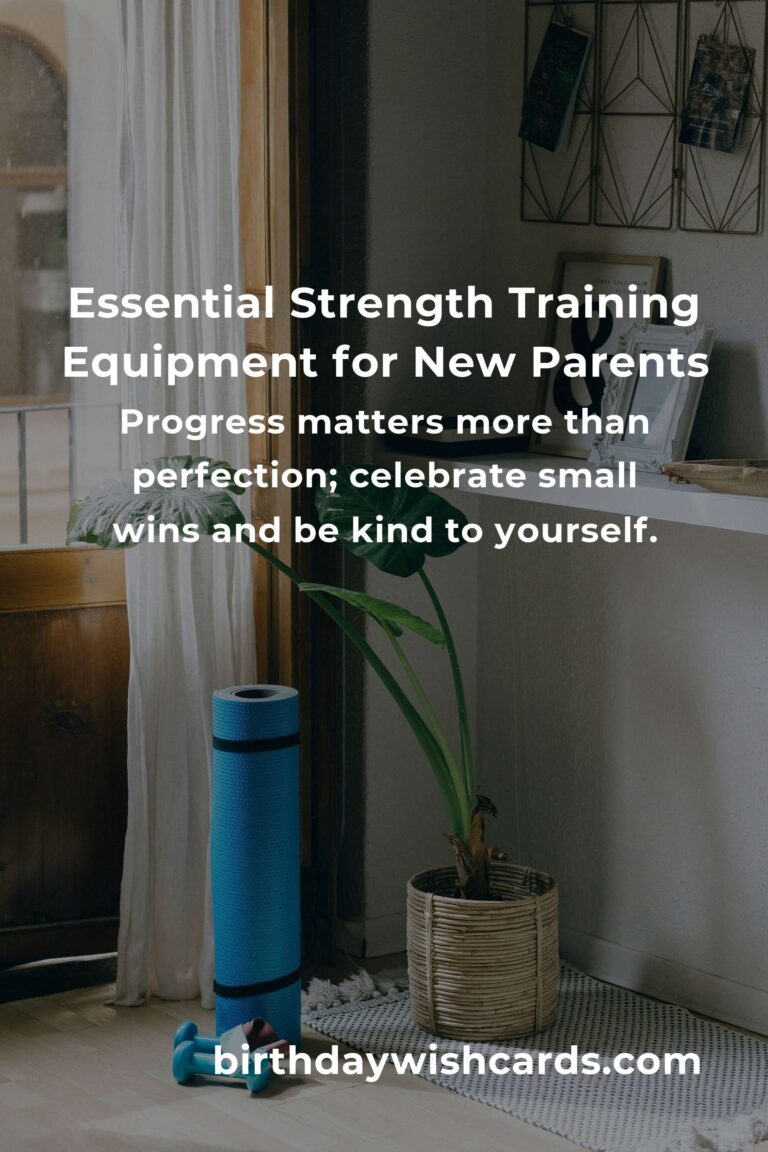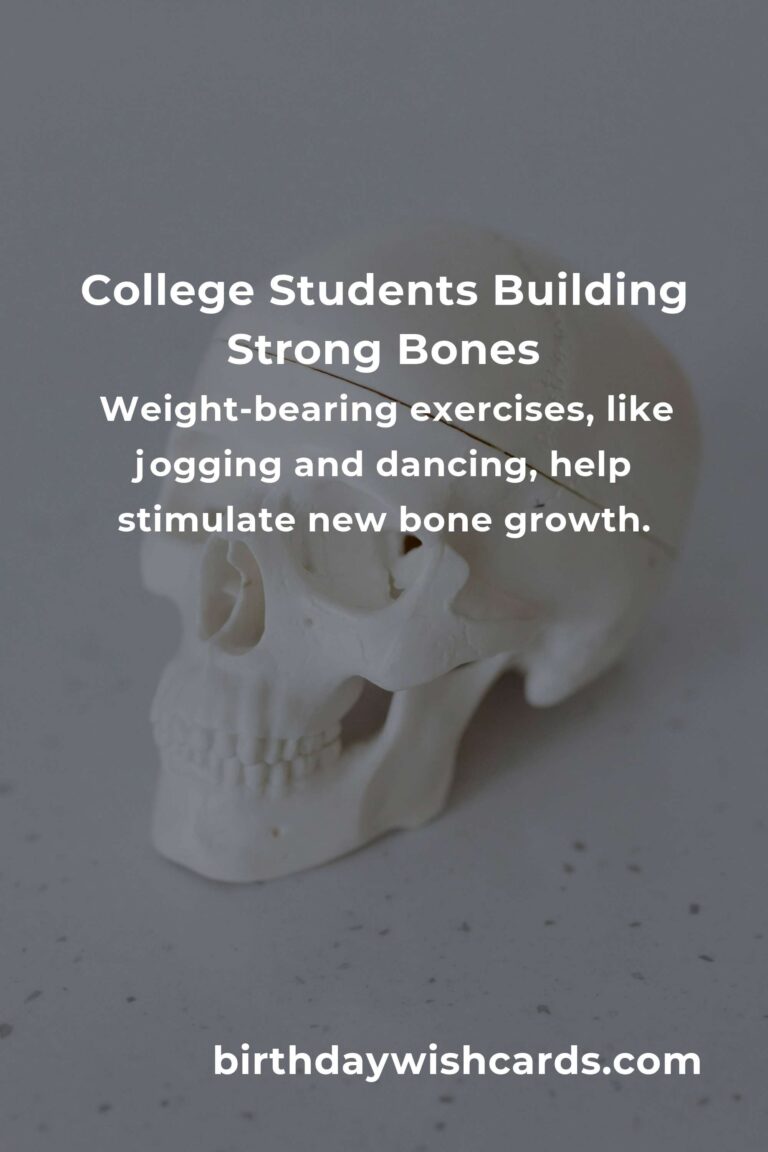
As a college student, your life is a whirlwind of classes, social events, and maybe a part-time job. In the midst of all these activities, it’s easy to overlook one of the most crucial aspects of your health—your bones. While bone health might not be at the top of your priority list, the habits you form now can significantly impact your well-being in the future. Let’s dive into some real, manageable ways to take care of your bones, so you can continue to live life to the fullest.
Understanding the Importance of Bone Health
Bones are the silent heroes of our bodies, providing structure, protecting organs, anchoring muscles, and storing calcium. During your college years, your body is still building bone mass. In fact, most people reach their peak bone mass around age 30, after which bone density slowly declines. This makes it all the more important to focus on bone health now, when you can still make a solid impact.
Nourishment: Fueling Your Bones
It all starts with what you eat. Calcium and vitamin D are the power duo for bone health. Calcium strengthens your bones, while vitamin D helps your body absorb calcium efficiently. As a college student, aim to incorporate these nutrients into your diet:
- Dairy Products: Milk, cheese, and yogurt are excellent sources of calcium.
- Leafy Greens: Kale, broccoli, and spinach are not just for salads; they’re packed with calcium too.
- Fortified Foods: Some plant-based milks and cereals are fortified with calcium and vitamin D.
- Sunshine: Get outside! Sun exposure helps your body produce vitamin D. Just 10-30 minutes a few times a week can make a difference.
Exercise: Move Your Way to Stronger Bones
Physical activity is a crucial component of bone health. Weight-bearing exercises, such as walking, jogging, and dancing, are particularly beneficial. These activities force your body to work against gravity, stimulating new bone growth. Consider joining a campus fitness class or a local sports team to make exercise a fun and social experience.
Rest and Recovery: The Unsung Heroes
Between late-night study sessions and weekend outings, sleep might seem like a luxury. However, rest is when your body repairs itself, including your bones. Aim for 7-9 hours of quality sleep per night to give your body the time it needs to strengthen and heal.
Stress Management: A Surprising Factor
College can be stressful, and chronic stress can negatively impact your health, including your bones. High stress levels can lead to hormonal imbalances that may affect bone density. Practice stress management techniques like mindfulness, yoga, or even a simple walk in nature to keep stress at bay.
Building Lifelong Habits
The habits you form in college can last a lifetime. By prioritizing bone health now, you’re not just investing in your current self, but also in your future. Remember, it’s about balance. Enjoy your college years, but also take small steps to ensure your bones remain strong and healthy for years to come.
In conclusion, taking care of your bones doesn’t have to be overwhelming. With a bit of awareness and some simple lifestyle changes, you can lay a strong foundation for your future health. So here’s to strong bones and a vibrant life ahead!
Your bones are silently working hard, providing structure and protection while you navigate college life.
Incorporating calcium and vitamin D into your diet is essential for building strong bones.
Weight-bearing exercises, like jogging and dancing, help stimulate new bone growth.
Quality sleep is crucial for bone repair and overall health.
Managing stress is key to maintaining hormonal balance and supporting bone density.
#BoneHealth #CollegeLife #StrongBones #HealthyHabits #StudentWellness


